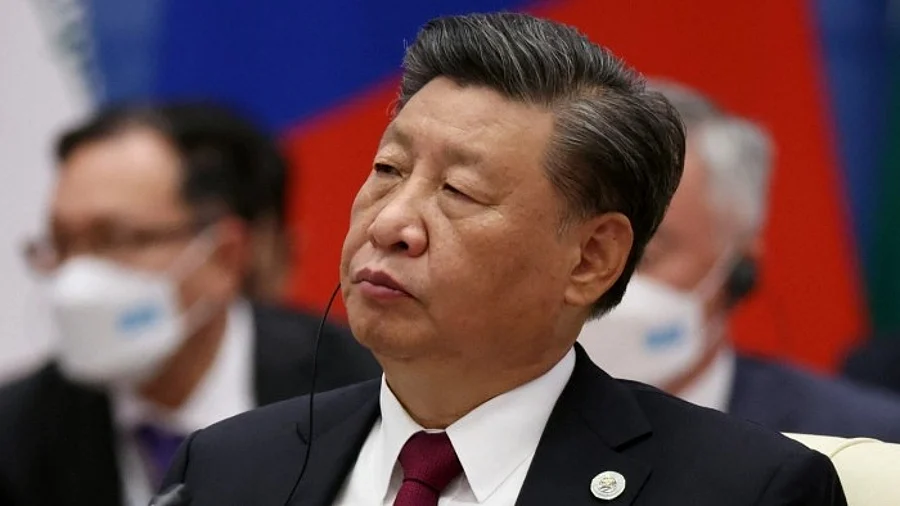Introduction
In today's hyper-connected world, the concept of espionage has evolved beyond the pages of spy novels and into the realm of everyday life for ordinary citizens in China. President Xi Jinping's unrelenting focus on national security has ushered in an era where vigilantism and amateur espionage have become commonplace. The Chinese government's call for citizens to become "spy hunters" has created a unique social landscape, where neighbors, colleagues, and friends may be watching each other with suspicion. This article delves into the intricacies of Xi Jinping's security obsession, the methods employed to transform ordinary citizens into amateur spies, the consequences for individual freedoms and privacy, and the broader implications for China's society and global relationships.
Xi Jinping's Security Obsession
Xi Jinping has prioritized national security as a central aspect of his leadership. We provide an overview of his security-focused policies and their impact.
The Rise of Citizen Spy Hunters
The Chinese government's call for citizens to be vigilant has led to the rise of amateur spy hunters. We explore how this phenomenon has taken root in society.
Methods of Surveillance
Surveillance techniques have evolved significantly. We discuss how technology, social media, and community networks play a role in citizen-led espionage.
Consequences for Privacy and Freedom
The line between public duty and personal privacy has blurred. We analyze the consequences of this transformation for individual freedoms.
Fear and Suspicion
Living in a society where anyone could be a potential spy has led to a culture of fear and suspicion. We explore the psychological impact on citizens.
Citizen Reporting and Government Control
Citizen reports can lead to government action. We discuss how citizen spy hunters are integrated into the broader apparatus of state control.
Impact on Dissent and Expression
The environment of surveillance has far-reaching implications for freedom of speech and dissent. We delve into how it stifles voices of criticism.
Global Implications
China's domestic policies on security have global implications. We analyze how they affect China's relationships with other nations.
The Role of Technology
Technology plays a pivotal role in surveillance. We explore how advancements in tech enable citizen spy hunters and government surveillance.
The Future Landscape
As China continues to evolve under Xi Jinping's leadership, we speculate on the future of citizen-led espionage and its impact on society.
Conclusion
Xi Jinping's security obsession and the transformation of ordinary citizens into spy hunters represent a unique and evolving facet of China's political landscape. The implications for individual privacy, freedom of expression, and the broader global relationships of the nation are complex and multifaceted. As China navigates this new era of vigilantism and surveillance, it raises fundamental questions about the balance between security and individual rights in an increasingly interconnected world. The story of citizen spy hunters serves as a stark reminder of the ever-changing dynamics of power, control, and freedom in contemporary China, leaving a profound impact on both its citizens and the global community at large.


No comments:
Post a Comment